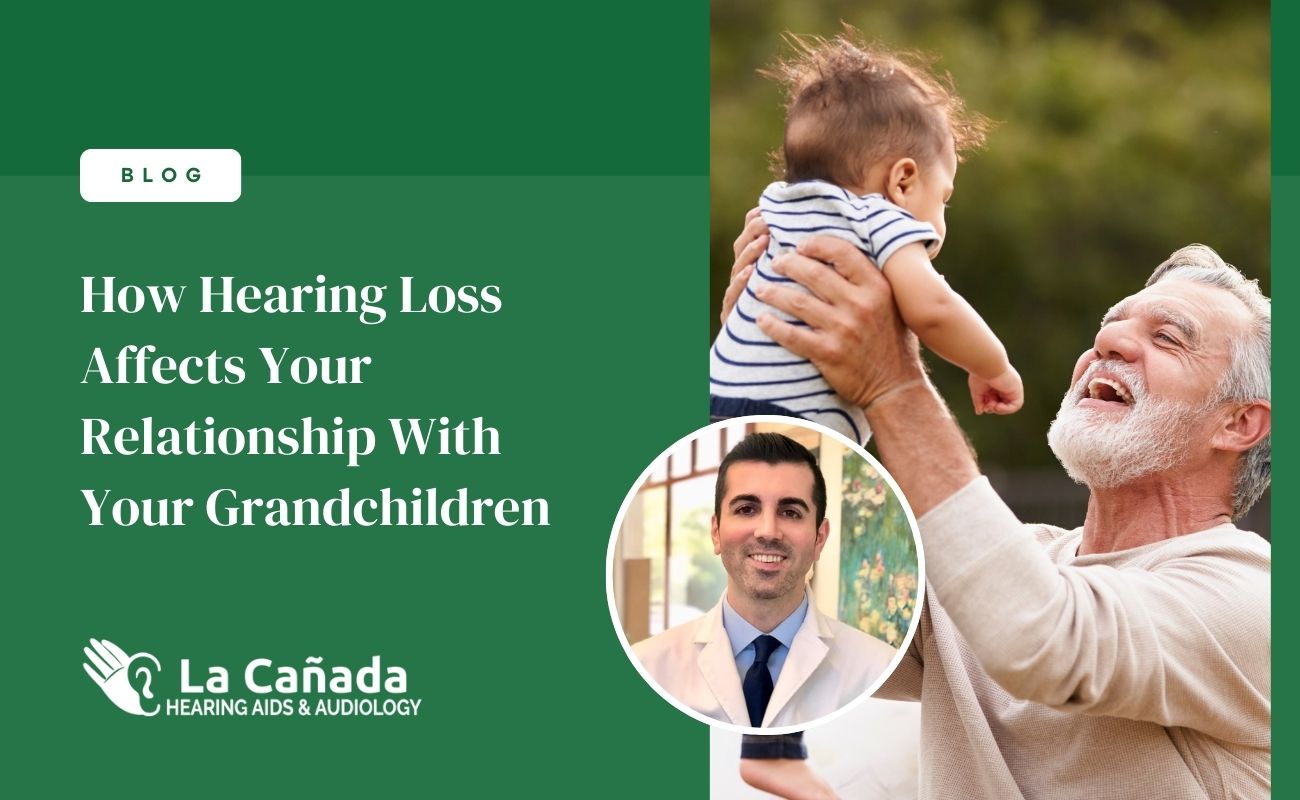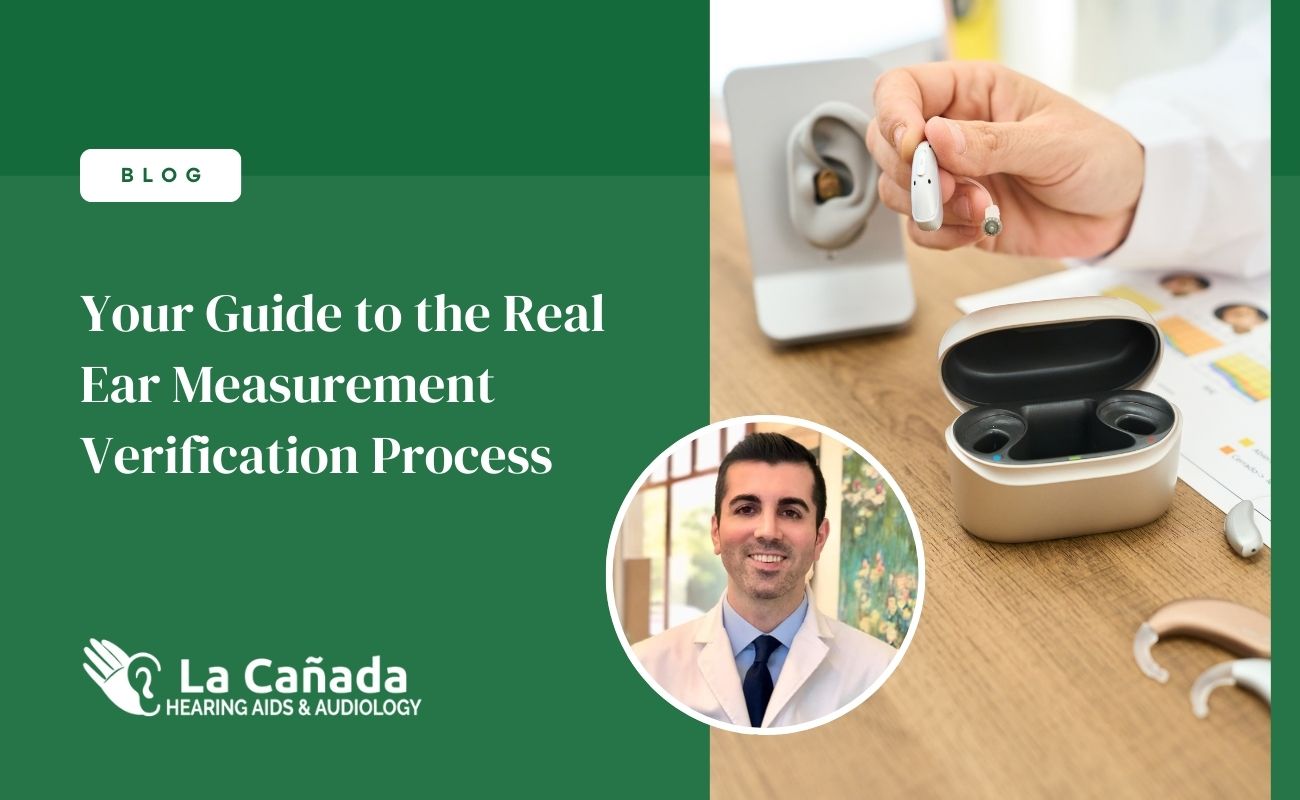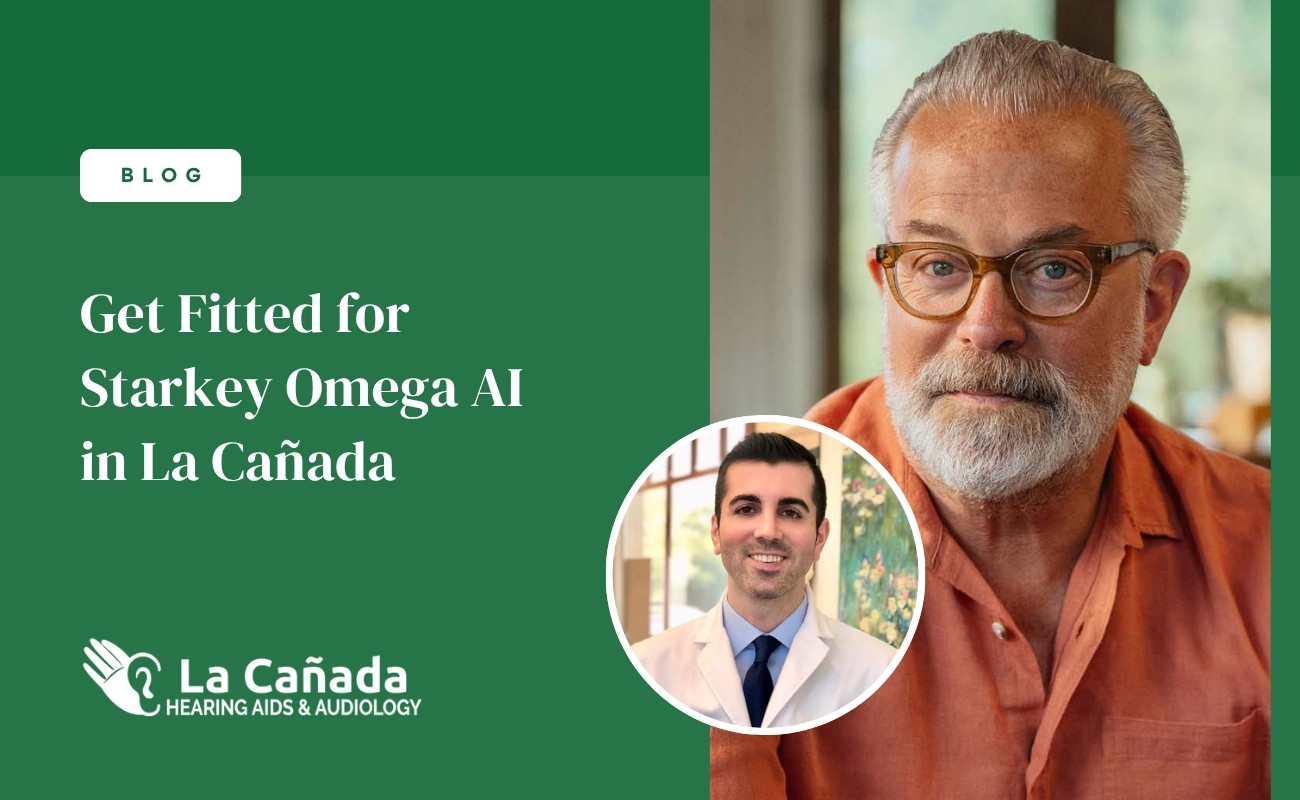The recognition that your hearing is slowly slipping away can come as a heavy blow. Not only might the reality of hearing difficulty be disappointing, but also the associated realizations about your other bodily abilities might come to mind. Creaking knees, a sore back, and stiff knuckles might all come to mind as a web of limitations. It should come as no surprise that your aging loved one might take the news of hearing loss as bad news.
Although the conversation does not revolve around pleasant news, it can result in a very happy ending: hearing loss can be assisted with remarkable success! When you approach your loved one to talk about hearing loss, a few tips can help you ease the conversation from centering on limitations to opening up the possibility of rehabilitation and a future of easy and clear hearing.
Pick the Right Time
Talking about hearing loss can be overwhelming for anyone. If it comes in the midst of a disagreement, argument, anger, or frustration over miscommunication, the news is almost sure to meet with hostility. The time to discuss hearing assistance is not when you’ve become frustrated with your loved one. On the contrary, choose a time to talk about hearing loss when everyone is calm and at ease. Of course, a quiet place for easy conversation is the right environment for the discussion. Although going out for a meal or coffee might be appealing, these locations can be noisy ones. It is probably best to have a conversation at home where the setting can remain quiet and calm.
Talk about Your Experience
Rather than confronting your loved one with the possibility of insufficient hearing, begin by describing your experience. Perhaps you had an encounter with your loved one’s hearing insufficiency that left you feeling compassionate, empathetic, and even missing the connection you once had. Focus on your feelings whenever possible. If you can describe a moment of miscommunication from your own perspective and emotional point of view, it may be easier for your loved one to hear what you are saying. Begin by describing the event.
For instance, “The other day I thought we were having a clear conversation, but it became clear later that we weren’t on the same page.” Follow up with your feelings. You might say, “I felt sad that we weren’t connecting like we used to. I miss that feeling of closeness with you.” If you think that emotional language won’t go over well with your loved one, just be sure to focus on your experience rather than casting blame or giving directives.
Open Your Ears
Ironically, when we talk about hearing loss with our loved ones, we might forget to listen to them. Ask concerned questions, such as, “How have you been hearing lately?” “How do you feel when it’s difficult to have conversations?” or “What is it like when you struggle to understand what others are saying?”
These questions are open-ended and can facilitate a bigger question about how your loved one is doing. It’s even possible that they will open up about other trouble they are facing or challenges of aging that come their way. Who knows? You may even discover related problems that you hadn’t imagined.
Focus on Solutions
Once your loved one is willing to admit a struggle to hear in some environments, the time is right to ask if they are open to finding a solution or assistance. Do your research ahead of time and talk to us at La Canada hearing about a hearing test. This test will be short and painless, merely the starting point on a path to assistance.
Many types of assistance and hearing aids are available for a range of needs, and this expert will be the best equipped to diagnose the hearing needs as well as the technology and features that might be appealing to your loved one’s lifestyle and individual desires. By focusing on the possibility that hearing can become clear and easy once again, your conversation does not need to be a negative one.
On the contrary, the focus on solutions can come as a great relief to both of you, leading the way to a hearing future!
To schedule a consultation, contact us at La La Cañada Hearing Aids & Audiology today.

.jpg)
.webp)





